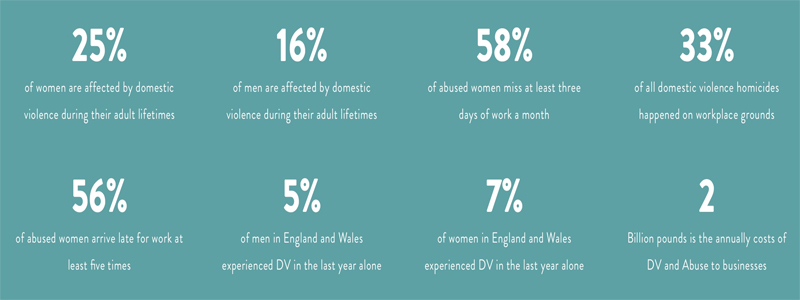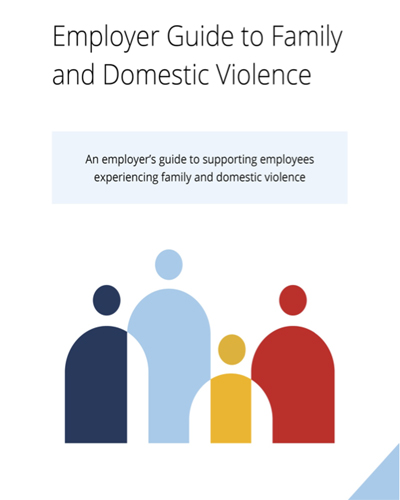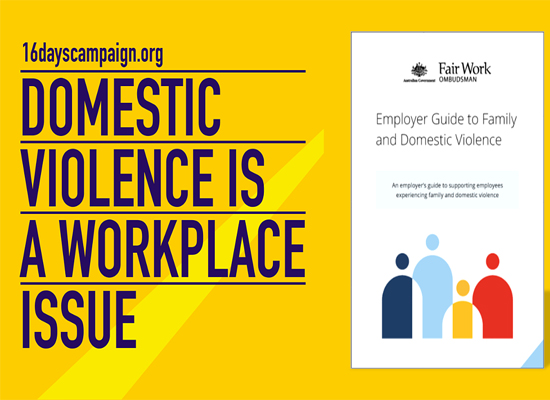During the next 16 days organisations and companies worldwide will be taking action against domestic and gender-based violence.
The 16 Days of Activism against Gender-Based Violence is an annual international campaign that kicks off on 25th November, the International Day for the Elimination of Violence against Women, and runs until 10th December, on Human Rights Day.
It was started by activists at the inaugural Women’s Global Leadership Institute in 1991 and continues to be coordinated each year by the Center for Women’s Global Leadership, to help prevent and eliminate violence against women and girls. Today, the 16 Days campaign is run by more than 6,000 organisations across 187 countries, and aims to end gender-based violence in the world of work.
UK ACTION
The UK’s 16 Days of Action Against Domestic Violence, organised by the charity Corporate Alliance, stems from this global movement, and is aimed at supporting businesses to take action against domestic abuse and violence. The UK’s event has taken the model of the original movement, and tailored it to businesses, focusing on the impact that domestic violence has on the workplace.

Employers have a legal obligation to assess dynamic risk and support the health and safety and wellness of their employees. The Corporate Alliance believes that companies can do more to aid their employees who endure domestic violence, train those who witness it, and protect staff as a whole, with the goal of securing safety and mitigating financial loss.
Over the next 16 days, a theme will be identified each day to explore the various forms of domestic violence to better equip managers/leaders recognise the signs that indicate it may be going on. The Corporate Alliance is also encouraging businesses to sign a pledge to demonstrate its commitment to the global fight against domestic violence. Click here for more information, toolkit and resources.
AUSTRALIAN GUIDE
Australia’s government also believes that companies can do more to help against domestic violence. It has produced a guide to help employers understand their responsibilities towards employees experiencing family and domestic violence. It also helps company bosses/managers develop a workplace response to managing family and domestic violence.
The guide outlines:
- The role of the Fair Work Ombudsman and how it can help.
- A checklist for managing family and domestic violence issues in the workplace.
- What family and domestic violence is and how it affects workplaces.
Click here to check out what other countries around the world are doing.









































